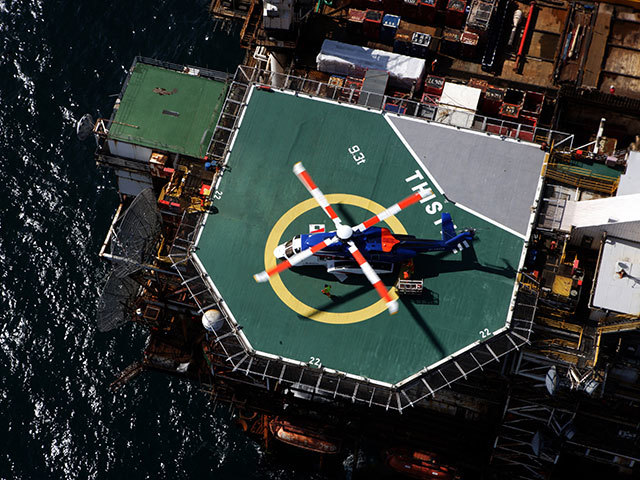
One product of the various inquiries and reports which followed the Deepwater Horizon incident is the EU Directive on the safety of offshore oil and gas operations which came into force in July 2013.
Member States have until July 2015 to implement the Directive, which aims to apply best practices in relation to HSE across all active offshore regions in Europe. Further, the Directive sets out requirements on licensees, operators and owners in relation to activity in the Union and in some cases outside of the Union too.
The Commission’s view is that the Directive is relevant to the European Economic Area and it therefore also applies to Norway. Following suggestions by the Norwegian authorities that the Directive did not affect them, there are likely to be further discussions on this point in due course.
Industry discussion has focussed on how much the Directive will reform the current regime in the UK. Being an EU Directive, rather than a Regulation as was initially proposed, the means of implementing it is left to Member States. This allows for at least some degree of flexibility; where there is currently adequate legislation in place, there will be no need for change. However, where there are gaps or inconsistencies, additional legislation is expected.
In November 2013, DECC spoke about their expectations for implementation at Oil and Gas UK’s annual Environmental Seminar. They suggested at that stage that the changes stemming from the Directive would largely affect health and safety legislation, with amendments to some 16 regulations to be expected in 2014.
Industry and the regulatory bodies have since met a number of times to discuss progress and a timetable for change has been set out. Final draft Regulations are to be published by the end of November 2014, following a formal consultation which is currently underway (June – September 2014). Regulations are to follow, in order to meet the now tight deadline of July 19, 2015, for implementation. The majority of the Directive will be transposed into UK legislation by amendments to the Offshore Installation (Safety Case) Regulations, with some amendment to other HSE and DECC legislation. DECC and HSE have made it clear that the approach to be taken will not involve “gold plating” (i.e. going beyond the Directive to achieve a “wish list”) and a strict approach will be taken to amending only necessary existing legislation in order to implement the Directive. Also, the new regulations will not fundamentally change the established goal setting nature (as distinct from prescriptive regulation) of the current regime.
One key issue came to light it seemed almost by chance, during one of the many meetings with industry and DECC and HSE, with the potential for significant repercussions on the current structure of the industry. The Directive states that “‘operator’ means the entity appointed by the licensee or licensing authority to conduct offshore oil and gas operations, including planning and executing a well operation or managing and controlling the functions of a production installation”.
The existing position for health and safety legislation is that the “operator” is defined in much the same way throughout all the relevant regulations, i.e. “the person appointed by the licensee to manage and control directly or by any other person the execution of the main functions of a production installation”. In other words, this definition concerns only the running of the installation (platform or FPSO) and the definition allows for licensees to appoint “another person” other than the licence/field operator to be the operator.
DECC and HSE have since confirmed their joint position: that the “operator” of the installation for the purposes of health and safety legislation in the future is to be interpreted in a way which is more in line with the concept of “licence operator”, than the existing understanding under health and safety legislation, that it will have to be approved by the licensing authority and will have to be the same company as the licence operator. They have proposed changes to the existing Safety Case Regulations and produced Draft Offshore Installations (Safety Case) Regulations 2015 – but, have not amended the definition for installation operator.
At this stage, the potential impact of the changes to legislation is still unclear. However, if the current position taken by DECC and HSE is realised, licence operators will no longer be able to “contract out” duty holder or safety case obligations, e.g. to a total facilities contractor.
There has been a flurry of activity on the question of operatorship which is set to continue, as this will impact the business model for many smaller operators and for some contractors providing this “duty holdership” service.
Early experience during this state of transition, is that both DECC and the HSE are taking a cautious approach and any change of operatorship is being scrutinised very carefully. In the meantime, the formal consultation period continues. The question is – is this really necessary? Licence operators do have health and safety and environmental obligations under existing legislation – and if the operator they have appointed for the installation turns out to be incompetent or under-resourced, duty holdership would revert to them in any case.
Penelope Warne is senior partner & head of energy at international law firm CMS Cameron McKenna
Recommended for you
